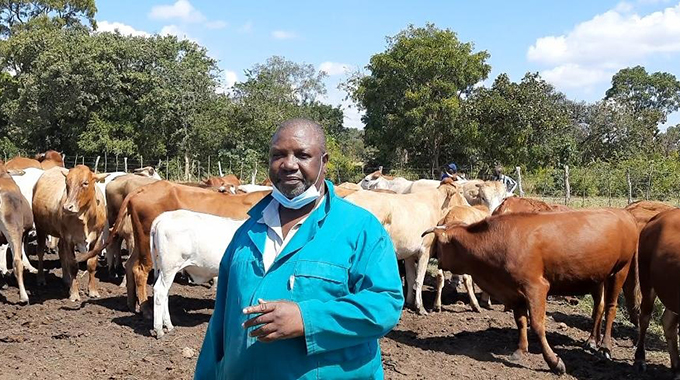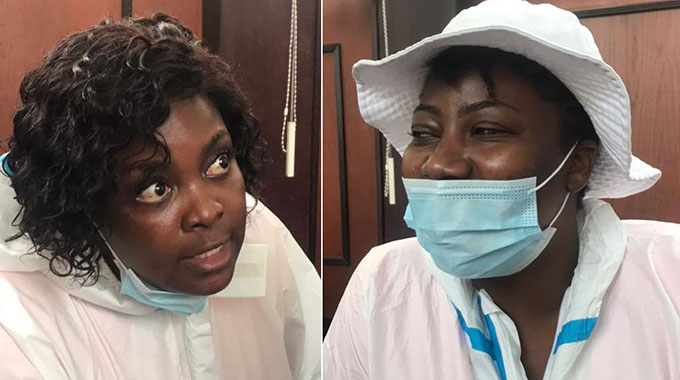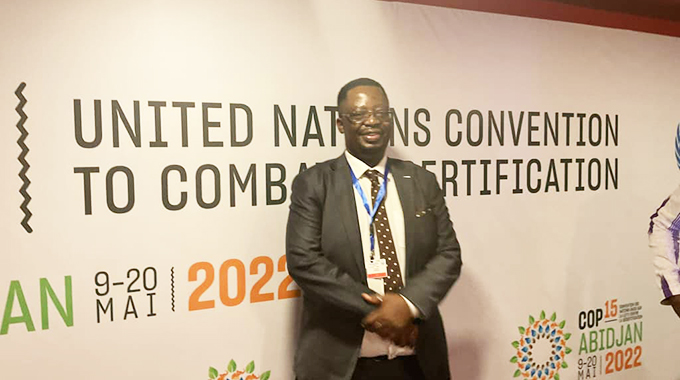Uptake of artificial insemination could boost smallholder livestock production

Conrad Mupesa Mashonaland West Bureau
UPTAKE of the free artificial insemination programme introduced by the government has the potential to increase milk and meat production and generate a good income for smallholder farmers, a senior government official says.
Provincial agriculture and rural development acting director in the Lands, Agriculture, Fisheries, Water and Rural Development Ministry, Mrs Evelyn Ndoro told farmers in Hurungwe recently at Muchibinding Farm to take up artificial insemination to help boost the national herd in line with the country’s agricultural recovery plan.
She said this at a Command Agriculture Field Day.
“Take advantage of the free insemination programme introduced by the Second Republic. You should contact our Veterinary Services and Agritex officers for improved quality herd where you indicate which type of breed you are interested in. Inbreeding has led to poor beef quality, stunted growth, unwanted diseases and deformities.
“Artificial insemination is the best way to go as it helps reduce diseases in livestock while at the same time improving quality.
“I encourage you all to embrace the programme,” she said.
Hurungwe farmers are battling anthrax, foot-and-mouth and lump-skin diseases due to failure by some farmers to dip and dose their cattle regularly.
The quality of cattle herd across the province had deteriorated due to various reasons including inbreeding.
Mrs Ndoro encouraged cattle farmers to take livestock rearing as a business to improve their livelihoods.
“Take livestock rearing seriously. It’s a business. You should dispose of cattle on time to make a good profit instead of keeping them until it’s no longer profitable to do so,” she said.
Provincial chief animal health inspector, Mr Thompson Sabashau said government programmes sought to reduce livestock diseases and to improve the quality of beef for the local and export market.
Hurungwe farmers were hit hard by the January disease which wiped away their herd.
Mr Sabashau said the government had since sourced more dipping and tick grease for A1 and communal farmers to deep their cattle 40 times a year instead of the usual 32 times.
He urged farmers to draw inspiration from Mr Denis Chabikwa of Plot 3, Muchibinding Farm.
The farmer has 55 cattle from crossbreeding and is expecting at least 30 more calves by the end of the year.
He is also a beneficiary of the National Enhanced Agriculture Program Scheme (NEAPS) also known as Command Agriculture and has put over 100 hectares under maize.
The farmer has outsourced extra 40 hectares from neighbours to suffice his 100-hectare target as he owns 73 hectares of which 65 is arable.










Comments